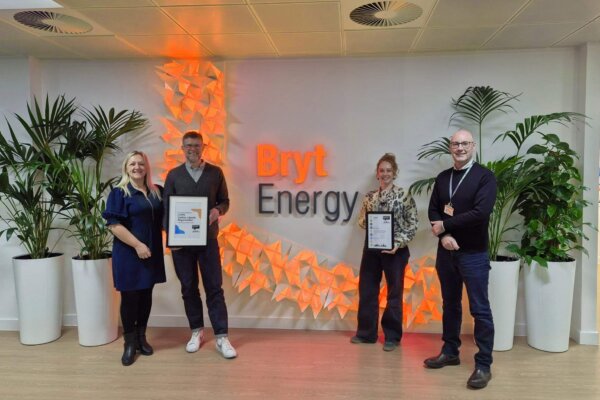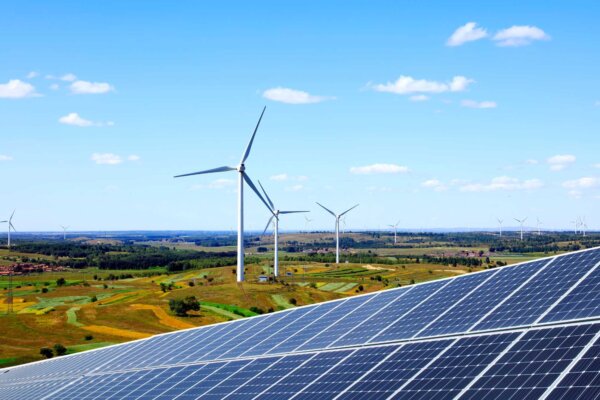In the last month, the UK Government has awarded £80 million in funding for businesses to help them decarbonise and switch to low-carbon energy sources2. The funding supports projects across a range of industries, including food and drink, manufacturing and energy. It will see exciting innovations receive backing, including a hydrogen-heated cereal production process, thermal energy storage for low-carbon whisky distillation and renewable electricity-powered biscuit manufacturing.
Awards were given from across three separate schemes from the Government’s Net Zero Innovation Portfolio (NZIP). Set up in 2021, NZIP is a £1 billion fund with 10 pots of funding for Government priority areas, including offshore wind and new technologies, which will help the UK accelerate its journey towards net zero.
In the latest funding to be announced from the NZIP projects:
- 13 businesses in heavy-industry sectors have received a total of £52.5 million from the Industrial Fuel Switching competition. This will support development of solutions to replace fossil fuel use with alternatives such as hydrogen or biofuels.
- Five firms have been awarded a total of £21.2 million during phase 2 of the Hydrogen BECCS (bioenergy with carbon capture and storage) Innovation Programme. The projects selected help produce hydrogen from biomass and waste, such as sewage, with carbon capture.
- 11 projects were given a total of £9.2 million through the Carbon Capture, Usage and Storage (CCUS) Innovation 2.0 competition, with proposals such as recycling carbon for fertiliser production.
Over the coming years, NZIP projects are set to move from concept stages to prototypes of winning projects and technologies. To find a list of NZIP schemes, including funding your business may be able to apply for, click here.
The good news continues, with UK energy regulator Ofgem approving £95.3 million funding for 10 energy network projects3 as part of its Strategic Innovation Fund. The programme has been set up to find and support innovative technologies which could accelerate the low-carbon transformation of gas and electricity networks.
Ofgem says the latest initiatives to receive backing have the “potential to be widely adopted” and cover:
- Energy system integration, from flexibility services to better management of offshore wind generation
- AI (artificial intelligence), which will help predict and prevent risks and faults in energy networks.
To find out more about the projects, click here.
The funding comes as 86% of organisations globally have said they plan to boost their investments in sustainability initiatives within the next year4. Honeywell’s Environmental Sustainability Index (ESI) also shows nearly three-quarters of respondents cited sustainability as their top priority – an encouraging sign, with so many businesses taking action to cut their emissions. You can download the report here.


